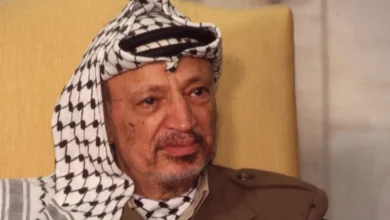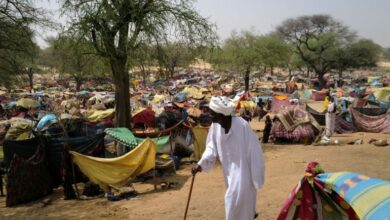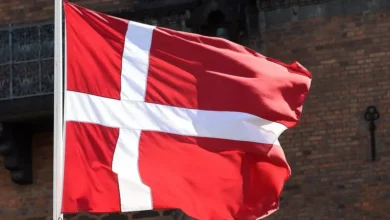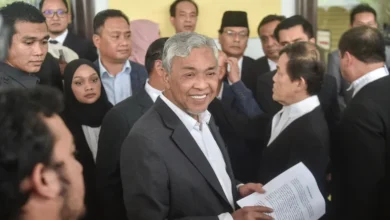AI in focus at WGS in Dubai, industry leaders call for adoption, ethical framework
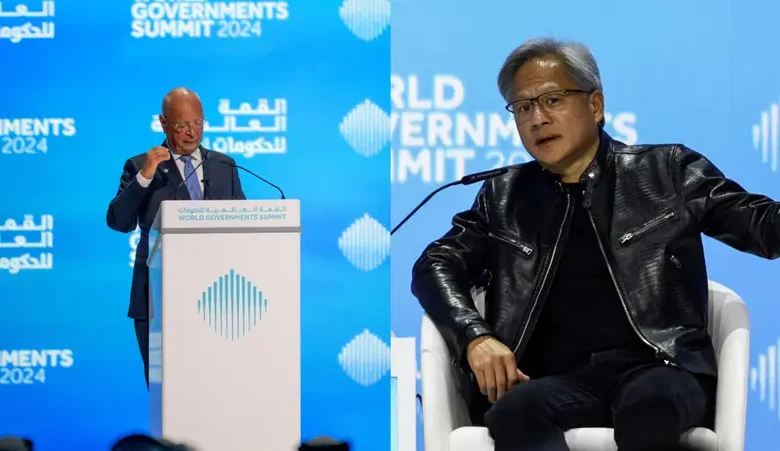
We are seeing a “new dawn of human civilization” as artificial intelligence, robotics, Internet of Things (IoT), 3D printing, genetic engineering, and quantum computing become the “foundation of our daily lives,” Chairperson of the World Economic Forum (WEF) Klaus Schwab said during a keynote address at the World Government Summit in Dubai on Monday.
Speaking to delegates and attendees at the international summit, the WEF chief said “intelligent age technology” is not a tool, but rather an “extension of human capabilities.”
The economist said AI would “revolutionize” education to an extent where educational platforms powered by the tech would personalize learning. It also has the power to impact healthcare, he said, where new technologies can offer predictive and tailored care to those even in remote areas.
Schwab added that SMEs would have access to the global market, where manufacturing is “democratized” by 3D printing technology.
Many around the world are worried about AI-powered systems and robots taking over jobs, but Schwab said these platforms would “take over repetitive and hazardous tasks, freeing humans to engage in creative problem solving, strategic thinking, and interpersonal connection skills that foster community and human relationships.”
He urged governments to engage their populations as the world changes, so they are not left behind.
Countries need to adapt, adopt
The president of NVIDIA, Jensen Huang, told the summit on Monday that artificial intelligence (AI), which has sparked a new industrial revolution, is a technology that countries can’t afford to be “mystified or terrified by.”
Speaking to the UAE’s Minister of AI, Omar al-Olama, Huang said all countries must take advantage of AI. He said: “This industrial revolution is about the production of intelligence, and every country needs to own the production of their own intelligence, which is the reason why there’s this idea called Sovereign AI.”
He added: “You own your data and your country owns the data. You, therefore, must take [ownership of] that data, refine it, and own your own national intelligence. You cannot allow that to be done by other people, and that is the key realization.”
He said now that AI has been democratized, “the rest of it is really up to you to take the initiative, activate your industry, build the infrastructure, as fast as you can, so that researchers, companies, your governments can take advantage of this infrastructure to go and create your own AI.”
Further explaining the point, he said: “These are amazing times because we’re at the beginning of a new Industrial Revolution …(and) we are experiencing two simultaneous transitions that had never happened before.”
He said AI has advanced by one million times over the past decade while the cost of building supercomputers has plummeted.
‘It is our job to create computing technology’
Replying to a question from al-Olama on what needs to be done to equip the youth and future workforce with AI tools, Huang said that with AI, everyone on the planet today has the ability to become a computer programmer.
“It’s going to sound completely the opposite of what people feel. Over the course of the last 10 or 15 years, almost everybody who sits on a stage like this will tell you it is vital that your children learn computer science and that everybody should learn how to program. In fact, it’s exactly the opposite. It is our job to create computing technology that nobody has to program and that the programming language is human.”
He further said: “Everybody in the world is now a programmer. This is the miracle of AI. For the very first time, the technology divide has been completely closed. To engage with AI is a lot easier now than at any time in the history of computing.”
“This is the reason why every single government, every single industrial conference, and every single company is talking about AI today because, for the very first time, you can imagine everybody in your company being a technologist,” he concluded.
